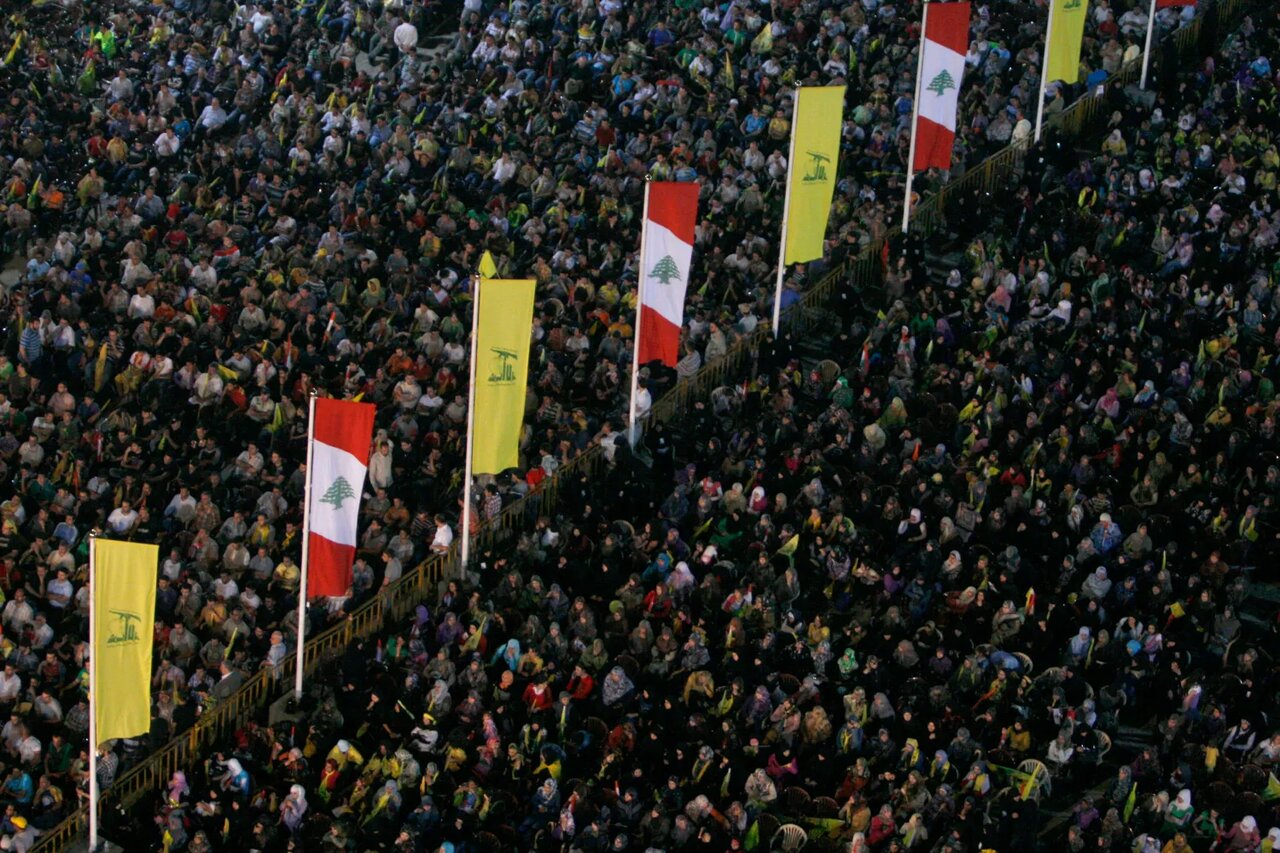How Lebanon’s Resistance may adapt under pressure

LONDON - The supportive environment for the resistance movement in Lebanon has limits to how much pressure it can endure in the face of repeated Israeli violations, with full American backing. It may erupt in uncalculated ways and affect the situation.
The resistance in Lebanon may consider granting freedom of decision to its military wing, considering them the field decision-makers in responding to violations, as a result of pressures that cannot be compromised.
In this case, the ball will be in the court of the other parties who feel fear from the resistance. The local parties that are hostile to the resistance will then be in the circle of reactions to the decisions resulting from the actions of the resistance, and not from their own actions as hostile forces.
This deprives the internal opposition forces of the room to maneuver, forcing them to react to the real movements on the ground from a position of incapacity and weakness. This will be rather than having the initiative to push the resistance off its course against the Israeli occupation entity, into some form of internal conflict that the resistance strives to avoid.
The resistance will strive to deprive them of this luxury of time and decision. These factors are used as pressure tools that must be absorbed by the authorities to avoid falling into internal disaster and civil war, and are actual possibilities so long as the pressure continues.
Many times, the resistance has been tested and managed to overcome pressures through concessions. But if matters cross the red lines that form the foundation of the resistance’s existence, entity, and identity, then this is a threat that cannot be accepted.
Concessions have already been made by the resistance, such as acceptance of America’s man, Joseph Aoun, as President of the Republic; acceptance of Saudi Arabia’s man as Prime Minister—despite the possibility of blocking them.
The resistance also accepted the ministerial statement, despite wordplay favoring the other side, and handing over weapons South of the Litani. It has also implemented other parts in the ceasefire agreement and Resolution 1701, none of which was followed through by the Israeli occupation entity.
These concessions do not necessarily weaken the resistance or affect it much, because they relate to already exposed, militarily compromised areas that the resistance itself did not rely on. They do not significantly impact the resistance’s future structure, which can be rebuilt on new foundations.
It is not certain that the Lebanese authorities, Western intelligence, or Israeli intelligence know the true locations of the resistance’s weapons—be they strategic or medium-range. If a resistance military site is raided, that means it was already exposed and compromised militarily, and thus not of importance. Remaining sites and facilities likely mean intelligence failed to detect them.
From this, the resistance knows what is exposed and what remains secret, and prepares based on what is still undiscovered—kept safe through genuine concealment methods that its enemy has not been able to penetrate.
Leave a Comment